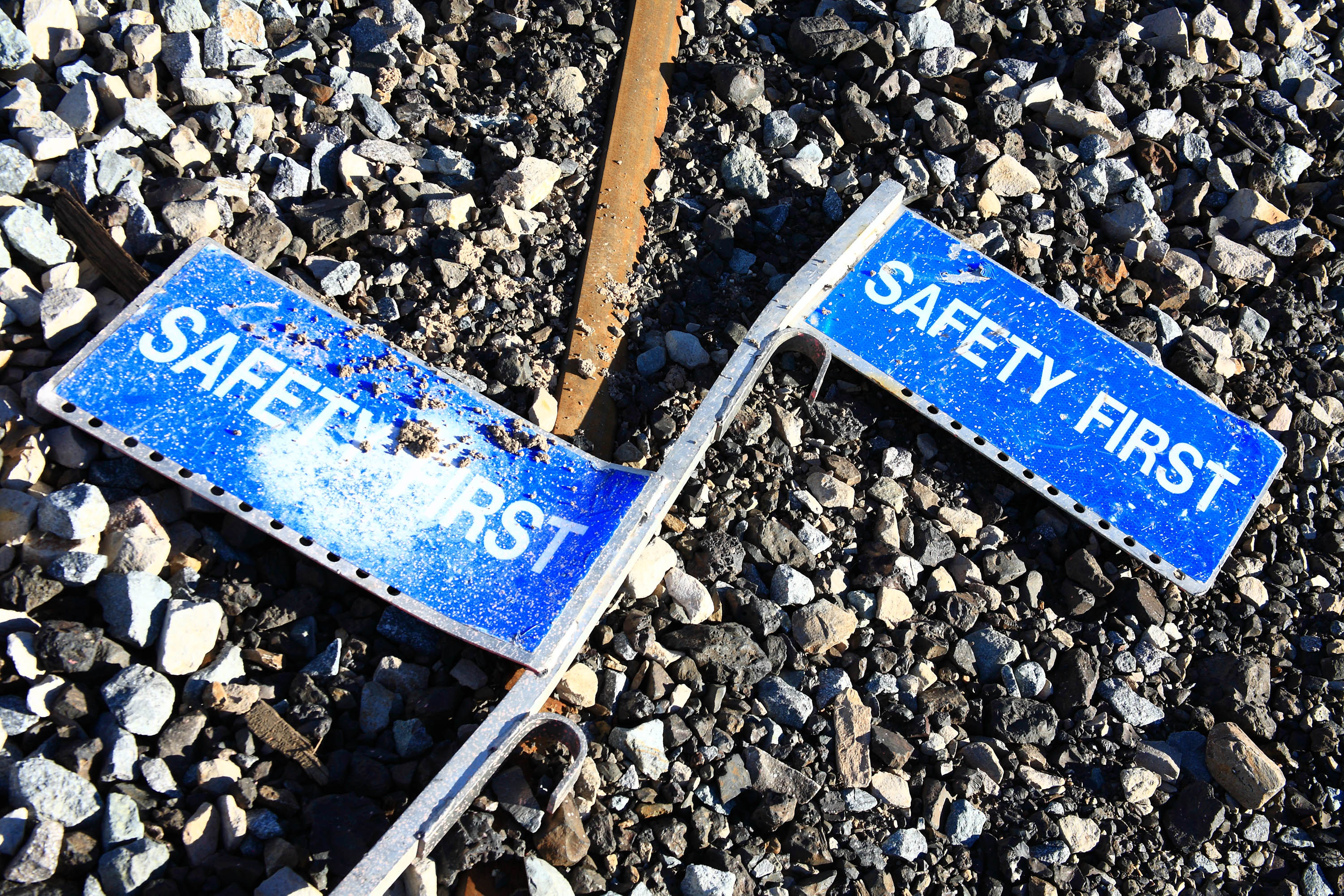
- Hire the right people. Conduct background checks, reference checks, physical exams and drug screens.* Your hiring process should comply with local, state and federal laws.
- Train early. Safety training should be part of your new-employee orientation process. Do not let new employees start working until they show that they understood your instructions. And don’t forget to train current employees who take on new tasks.
- Keep it up. Safety should be a constant focus in your company. Provide regularly scheduled training so messages stay fresh in employees’ minds.
- Lead by example. Employees take their cues from management. If you demonstrate your commitment to safety, your staff is likely to do the same.
- Engage employees. One-way communication does not work when it comes to safety. Give your employees plenty of opportunities to create and constantly improve the safety program. Consider forming a safety committee that includes front-line employees.
- Investigate accidents. Uncover and correct the root causes of workplace accidents as soon as possible. Treat near-misses, which are accidents that almost happened, the same way. Remember that you are conducting a fact-finding mission, not looking to assign blame.
- Remember young workers. Teen workers are often inexperienced and scared to ask questions. One of the best things you can do to help teens stay safe on the job is simply be approachable. Make sure they are comfortable reporting unsafe conditions and admitting they don’t understand instructions.
- Prepare for emergencies. During a fire, tornado or other emergency, everyone should know exactly what to do. Your emergency preparedness plan should include plans for evacuating, sheltering in place, reporting emergencies, getting medical attention for injured workers, and returning to normal operations.
Don’t be afraid to get outside advice and seek out free resources to help you with your safety processes and training. Having the right people, material and training in place is essential for any safety program.
*Consult an attorney before you launch a drug-testing program to ensure you comply with all laws.
Source: Texas Mutual Insurance


